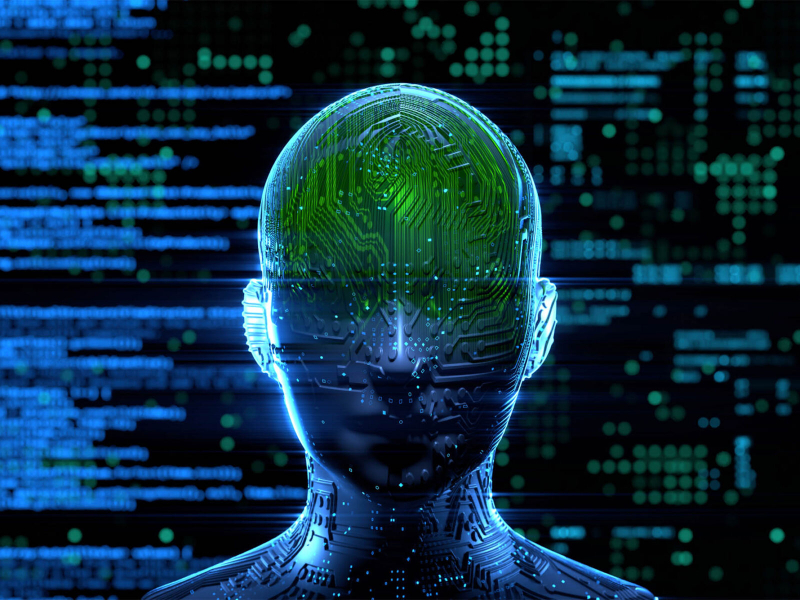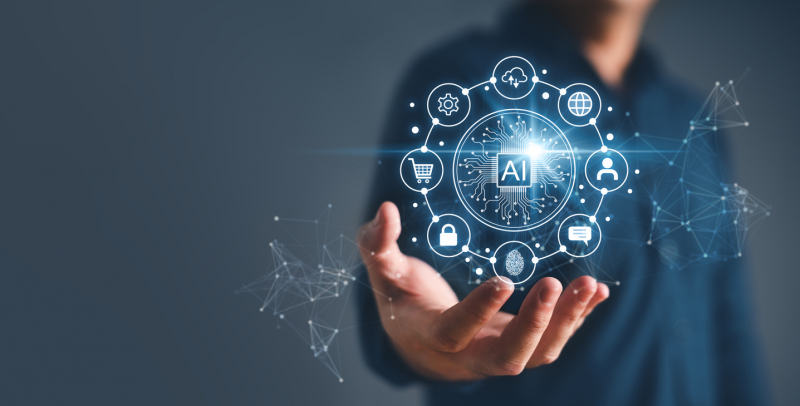The Moral Landscape of Artificial Intelligence
The advent of Artificial Intelligence (AI) presents a paradigm shift with profound moral implications in our society. This essay delves into the ethical landscape of AI, exploring its transformative impact on healthcare, societal biases, and employment.
AI's integration into healthcare epitomizes its potential for human benefit. By leveraging AI's advanced analytical capabilities, medical professionals can diagnose diseases more accurately and efficiently. For instance, AI's ability to analyze complex medical data rapidly has led to breakthroughs in early cancer detection. However, this shift raises ethical questions about the diminishing role of human judgment in medical decision-making and the reliability of AI in life-critical scenarios.
One of the most contentious issues surrounding AI is its propensity to perpetuate and amplify societal biases. AI algorithms, driven by data, can inherit and reinforce existing prejudices in the data they are trained on. This is particularly concerning in the criminal justice and recruitment sectors, where biased algorithms can lead to unfair outcomes. The Massachusetts Institute of Technology identified significant biases in commercial facial recognition software. It highlights the need for stringent measures to mitigate bias in AI systems (Massachusetts Institute of Technology, 2018).
The impact of AI on employment and the global economy is another area of moral concern. AI systems could replace human workers in various sectors as they become increasingly capable. That leads to job displacement and wider economic inequalities. The McKinsey Global Institute estimates that up to 30% of the global workforce could be displaced by 2030 due to AI and automation (McKinsey Global Institute, 2017). This potential for widespread job loss underscores the need for policies to manage the transition in the labor market and support those affected.
In conclusion, while AI presents significant advancements, it also introduces complex ethical challenges that must be addressed. The development of AI must be guided by robust ethical frameworks that consider the implications for healthcare, societal equity, and the global workforce.
References
- Massachusetts Institute of Technology. (2018). Study Finds Gender and Skin-Type Bias in Commercial Artificial-Intelligence Systems. http://news.mit.edu/2018/study-finds-gender-skin-type-bias-artificial-intelligence-systems-0212
- McKinsey Global Institute. (2017). Jobs Lost, Jobs Gained: Workforce Transitions in a Time of Automation. https://www.mckinsey.com/featured-insights/future-of-work/jobs-lost-jobs-gained-what-the-future-of-work-will-mean-for-jobs-skills-and-wages












